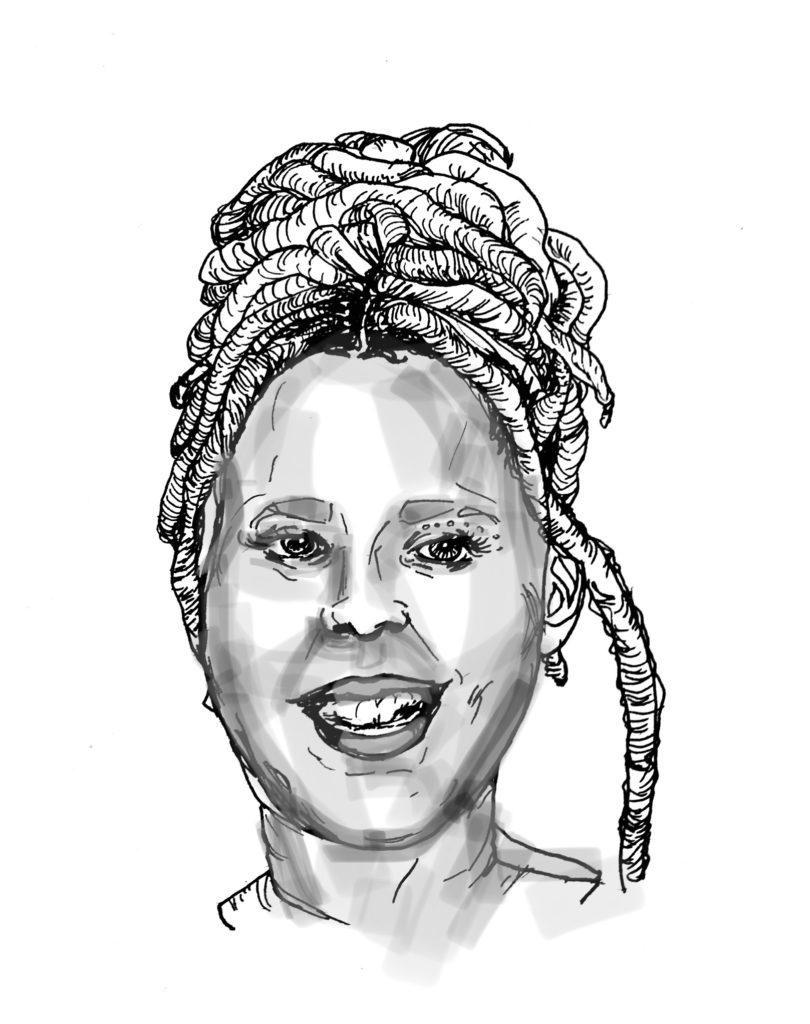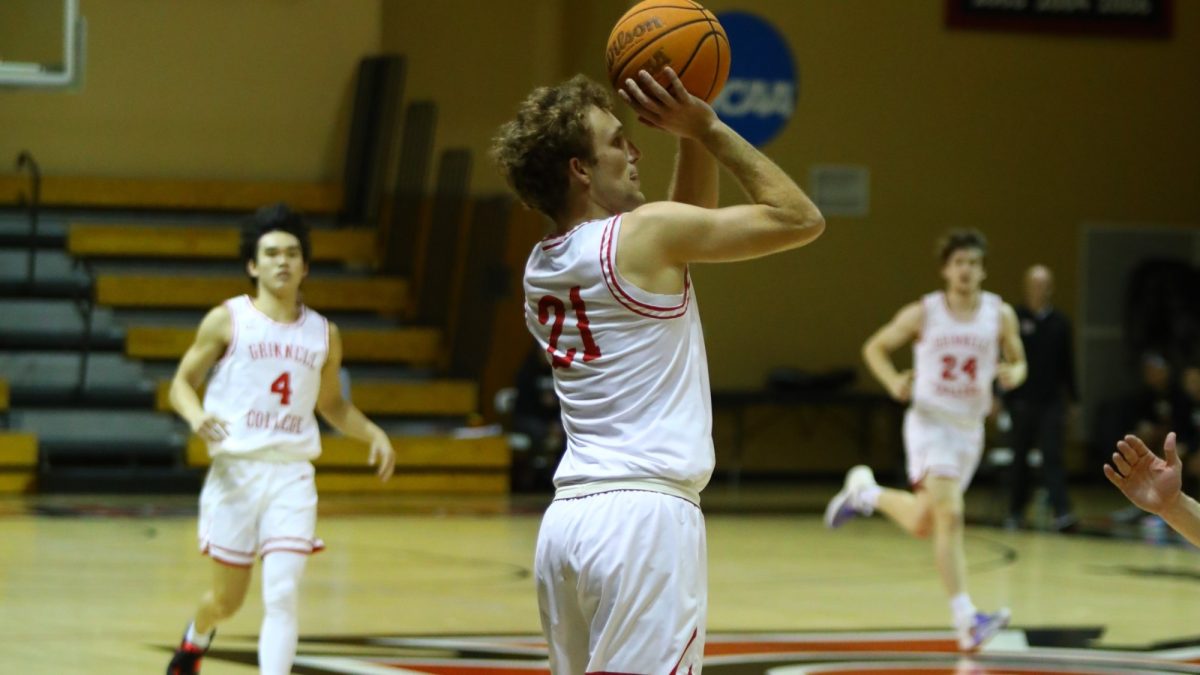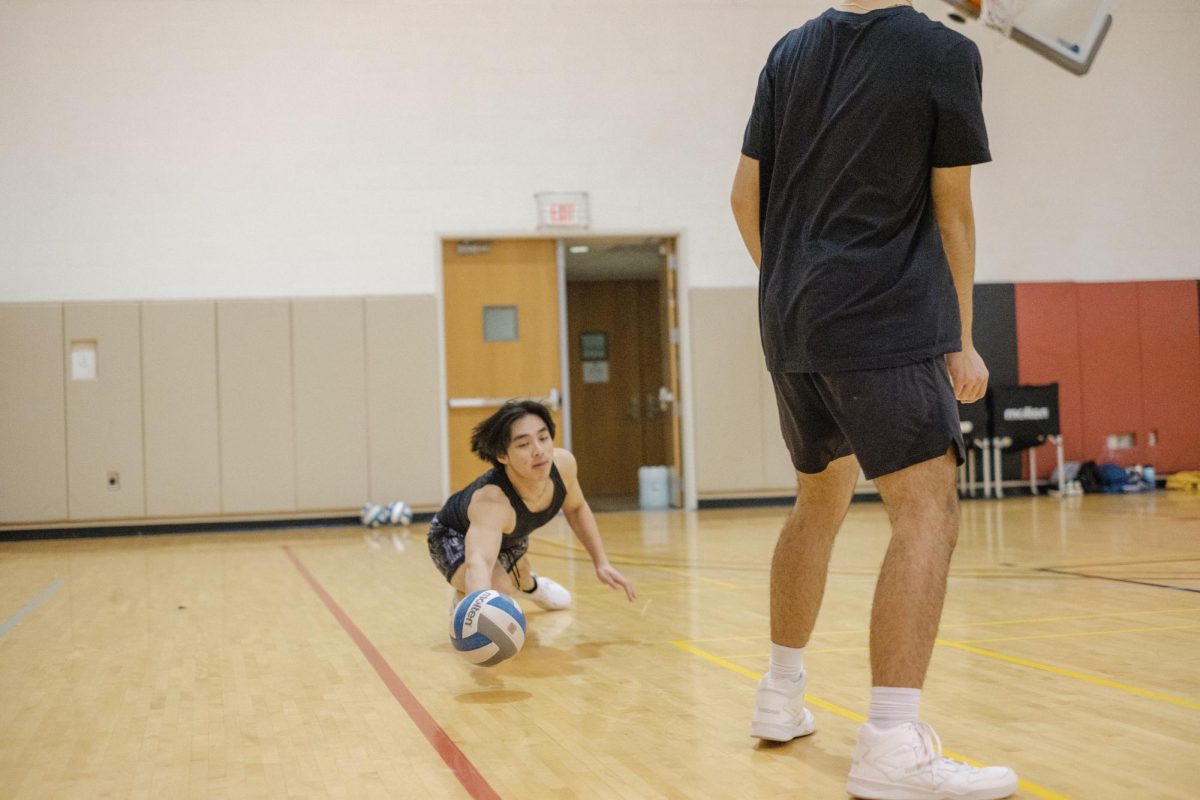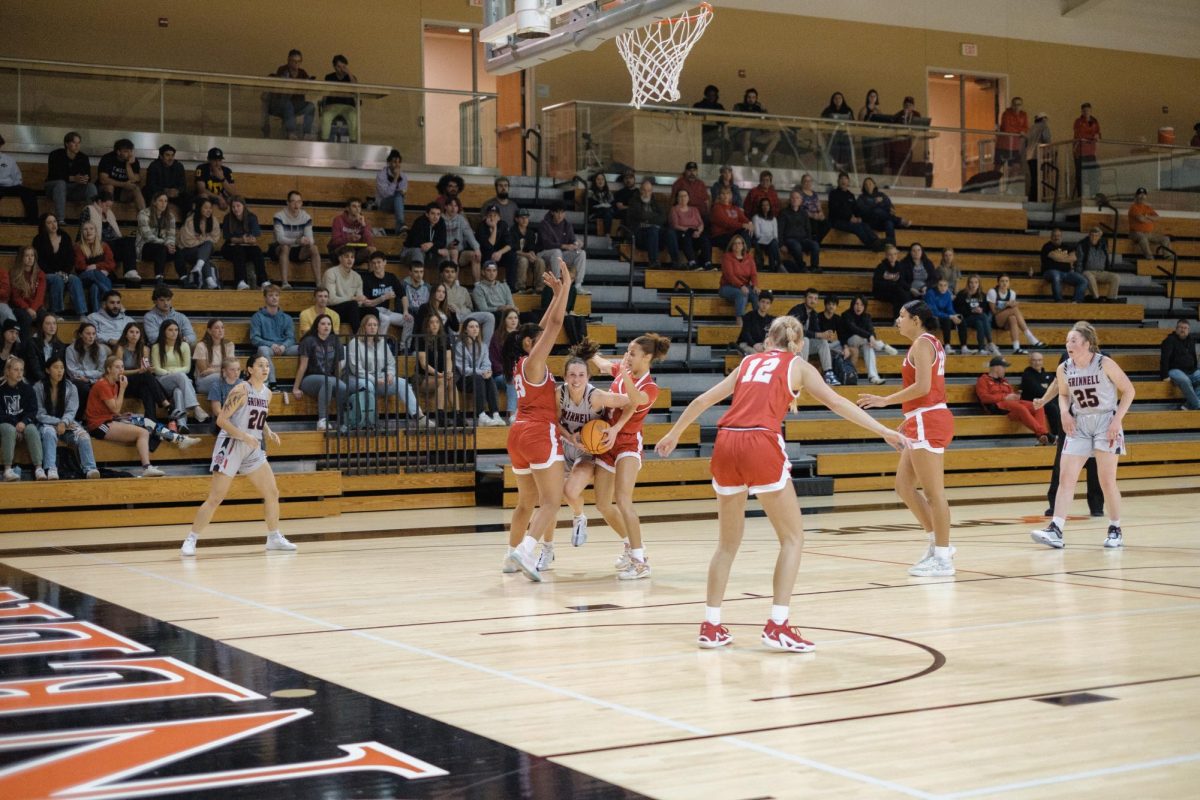Hazel Murray ’22 will be the new Vice President of Student Affairs for the 2020-2021 school year. Murray was running against Ashton Aveling and Francesca Dalla Betta, also third-years.
Murray, a gender, women’s and sexuality studies major, served in SGA as a senator last spring. She is engaged in mental health advocacy on campus, and is involved in CBS (Concerned Black Students) and SOL (Student Organization of Latinxs). In an interview with the S&B, she expressed that she felt happy, overwhelmed and ready to start working in her new position within Cabinet.
“I feel like I’m gonna hold myself to, like, a really high standard,” said Murray. “I just hope I do well … not just for myself … but just the fact that, you know, people believed in my campaign enough to say, ‘Hey, you know, she’s right for this position.’ And so I want to live up to that, as well.”
Murray’s campaign is about transparency, accessibility and antiracism. She wants to, among other things, work with CBS to update the Black Manifesto, better student access to mental health providers and increase student participation in SGA. Murray’s election comes after the resignation of previous VPSA Amelia Zoernig ’21, who left the office after accusations that she had mishandled an event with a racist theme in the spring 2020 semester.
Murray told the S&B that the first thing she’d like to do as VPSA is start a conversation within SGA to have delegates of the Grinnell Student Union (UGSDW) in the Senate.
People believed in my campaign enough to say, ‘Hey, you know, she’s right for this position’ And so I want to live up to that, as well.
– VPSA Hazel Murray ’22
After an online forum where Murray and the other candidates gave voice to their platforms on Saturday, Sept. 26, voting for students was open from 12:00 p.m. on Monday, Sept. 28 through midnight on Tuesday, Sept. 29.
According to the election board—Destiny Magnett ’22 and Declan Jones ’21—as well as SGA’s Technology Advisor, Vidush Goswami ’21, the turnout of this election was less than a third of the student body: 514 voted out of the 1,457 students enrolled and 173 taking a leave of absence.
Out of the 514, Murray won with 221 votes. Dalla Betta received 151 of the votes while Aveling received 126, a difference of almost a hundred votes behind Murray.
This turnout is significantly lower than it was last spring, when 700 students voted in the election for executive positions within the SGA cabinet. However, it is an improvement from last year’s fall senatorial election, where the turnout was 338 students.
The highest turnout seen by the seniors in SGA cabinet, and possibly those before them, was in the spring of 2018, where 958 students voted.
Jones explained that one of the challenges he and Magnett had to ensure voter turnout was establishing a relationship between the new candidates for VPSA and the students — especially first years — which is why they held an early forum prior to the election.
“I think that was one of our main challenges, was kind of pulling off this special election with both the VPSA and the senators, when we didn’t have last spring to prepare for it,” said Jones, alluding to the previous campaign for executive positions, where the elected VPSA candidate resigned later in the summer. “The campaign cycle was definitely … a very hectic schedule this semester.”
Alongside the results for VPSA, students also know which of their peers will be representing them as senators this semester: First-years Anthony Kang, Nora Leahy and Lewis James, third-years Raven McClendon, Neil Israni and Makaela Burch and fourth-years Sophie Doddiemeade and Ahon Gooptu. No second years ran for election. A total of five first years ran for election, four third years and only the two fourth years mentioned above.
“Trying to get people to run for Senate is the thing that we’ve been trying to figure out how to do,” said Magnett. “This is my second year as the election board chair, and … having conversations about how to get people more involved with Senate have been kind of at the forefront.”
One of the reasons almost no students applied to be a senator, Jones said, might be because in the online format, senator representation is based on class years as opposed to locations on campus. Due to this low number of elected senators, the election board and SGA cabinet will need to appoint a number of them.
Goswami explained that in light of low participation, write-ins can count. “There are a few candidates who did have, like, write-in campaigns. … it’s still a significant enough number that we would, like, reach out to them and see if they’re interested in … being a senator.”
If write-ins are not enough, however, Cabinet will have to choose a number of students to be voting members of the Senate and have the previously-elected senators vote on their appointment.
“Appointing senators is never what I would want to do,” said Jones. “In an ideal world, we’d get plenty of applicants from each class year.”
Jones and Magnett consequently mentioned SGA’s intention to have a Senate this year that is structured differently to previous years. There will be 12 senators (elected and appointed) drawn from the just-held election, and then six MLC (Multicultural Leadership Council) leaders. These leaders will be nominated by their respective groups and, if they so choose, will then become part of the Senate. That means that the total number of senators (18) will remain the same as other years, but with a different configuration.
This resolution might make SGA extend to become a less insular group than it has been in previous years. As Magnett said: “We’re starting to see people who are, quote unquote, SGA outsiders running for executive positions. … I think that as we start to expand and engage with more students, instead of just like the same small group of students doing different jobs, that’s going to really be the key to improving engagement with SGA.”

































































